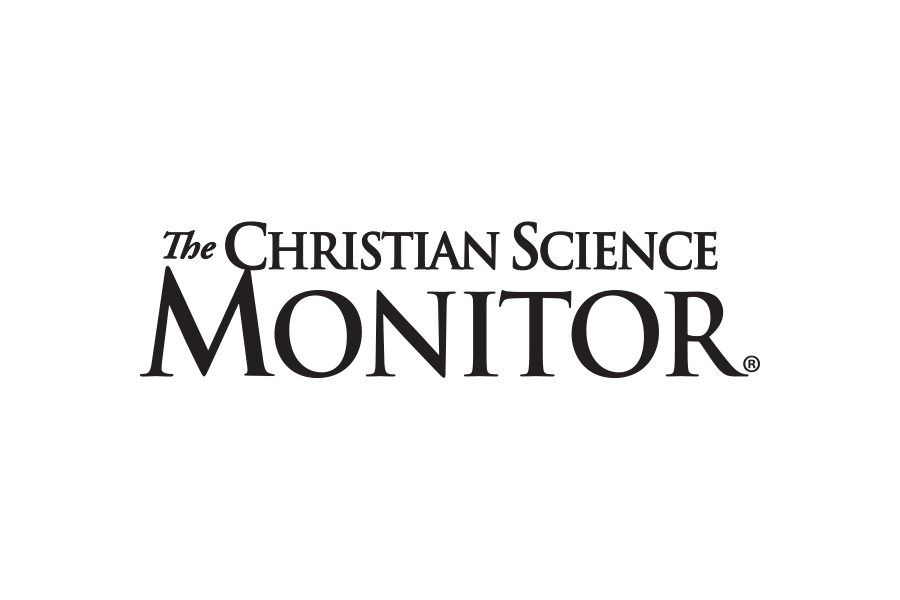Could it really be true that “Giving does not impoverish us in the service of our Maker, neither does withholding enrich us,” as Mary Baker Eddy states in her textbook on Christian Science, “Science and Health with Key to the Scriptures” (p. 79)? This statement is part of this week’s Bible Lesson from the “Christian Science Quarterly” on the subject of “Substance.” I was praying to understand that this idea really is true when I was feeling unwell whilst on a city walking tour.
As I reached out to God in prayer, something came to thought that Jesus said to his disciples: “Go ye into all the world, and preach the gospel to every creature” (Mark 16:15). Another way he said this is in the Lesson: “Let your light so shine before men, that they may see your good works, and glorify your Father which is in heaven” (Matthew 5:16). Initially, I felt like saying, “But it’s me that needs help.”
At that moment I was “absorbed in material selfhood” (Science and Health, p. 91). That is, I was focused on the fear and the pain I was feeling, thoughts which would seem to get in the way of us hearing and obeying what God tells us. But having heard God’s demand for unselfed love, I knew I could obey that demand and take a strong stand against being distracted by such thoughts that aren’t from God. Instead, I could discern my spirituality and capability to love my neighbor as myself, as Jesus directed.
I texted a Christian Science practitioner to ask her to pray for me. She reminded me of God’s omnipresence – that God is always with us and that I am enfolded in His infinite Love. Christian Science teaches that God is All, as it tells us in the Bible – “I am the Lord, and there is none else” (Isaiah 45:6) – and that we are inseparable from Him.
I prayed to understand my spiritual individuality as God knows me, made in God’s likeness, and to understand true substance, which Science and Health says “is that which is eternal and incapable of discord and decay” (p. 468). As God’s reflection, therefore, we are wholly spiritual, imperishable, perfect, whole, and free.
As the reflection of God, who is infinite, divine Love, we are each blessed with God’s abundant goodness and love. So we don’t have a limited amount of love to give; we can generously, effortlessly, and freely give to others.
Even though I was still feeling unwell, when I noticed a woman nearby looking sad, I asked, “How are you doing?” Her eyes filled with tears. She explained she was grieving the loss of her mother. My heart yearned to help her feel embraced in God’s love. I shared ideas I have learned through Christian Science about God’s omnipresent love and care for all of us.
A Bible promise tells us, “The Lord will give strength unto his people; the Lord will bless his people with peace” (Psalms 29:11). Whether we have always known this to be true or we are hearing it for the first time today, we can trust these promises given to us in the Bible.
Another reassuring promise, in Science and Health, says, “Blessed is that man who seeth his brother’s need and supplieth it, seeking his own in another’s good” (p. 518). Acting in obedience to God’s instruction, I completely forgot about myself, and the woman and I continued talking. Now, I hadn’t reached out to this woman to gain a blessing, but after the tour ended and we exchanged warm hugs I realized I had received one. I was completely well! That day I caught a glimpse of “the healing power of the divine Love in what it has done and is doing for mankind” (Science and Health, p. 55).
It is true that we are not impoverished by giving to others in our service to God, good, who is our creator. When we drop limiting and self-centered concerns, doubts, and fears and let God’s love open our hearts to others, we will undoubtedly receive a blessing.
If you’re new to the weekly Bible Lessons from the “Christian Science Quarterly” and corresponding study materials, you can view a free sample of a previous week’s Bible Lesson here. Subscribers to the weekly Lesson can log in here.

